TEENS look set for a record haul of GCSEs and A levels this year — as officials abandon trying to control soaring grades.
Normal summer exams have been ditched and teachers will instead decide what results students get, with the help of voluntary “mini” subject tests.

Read our coronavirus live blog for the latest news & updates…
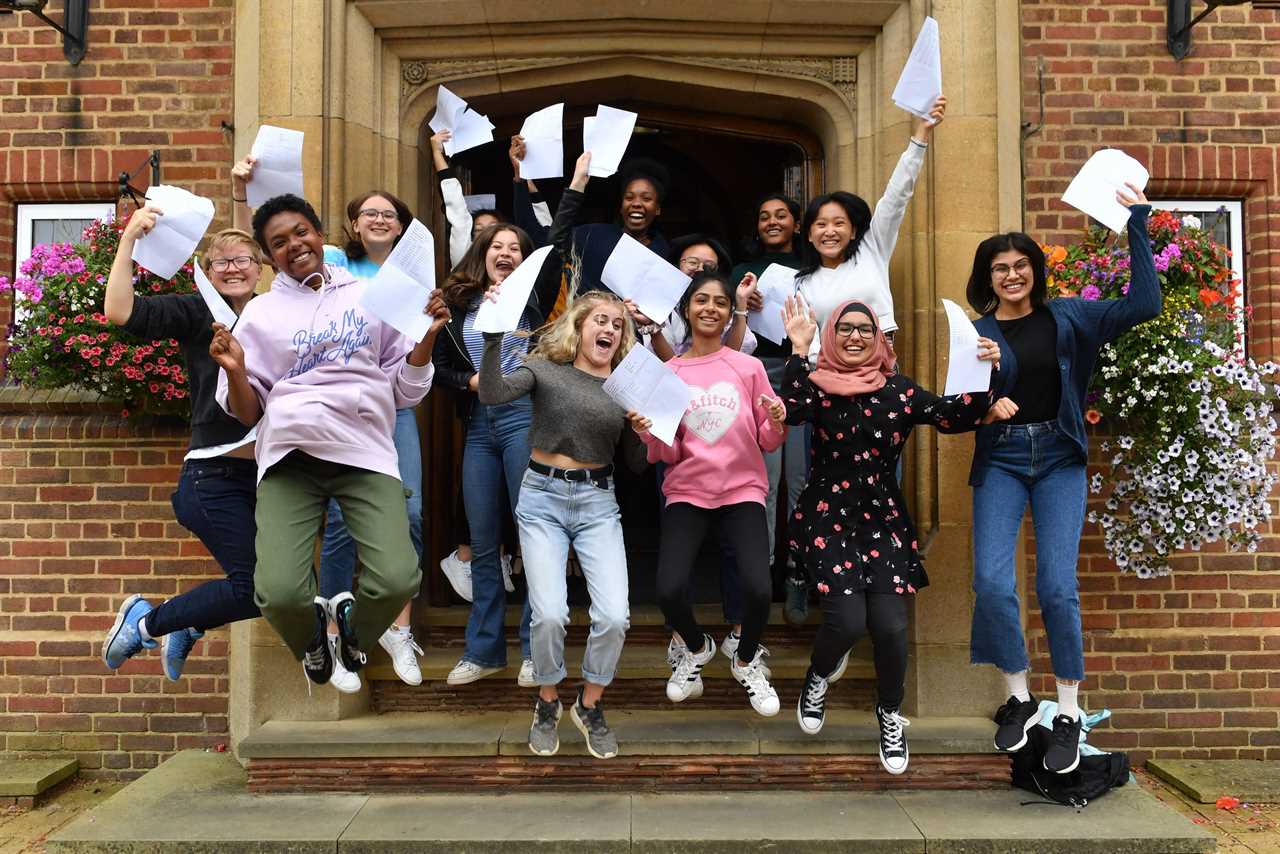
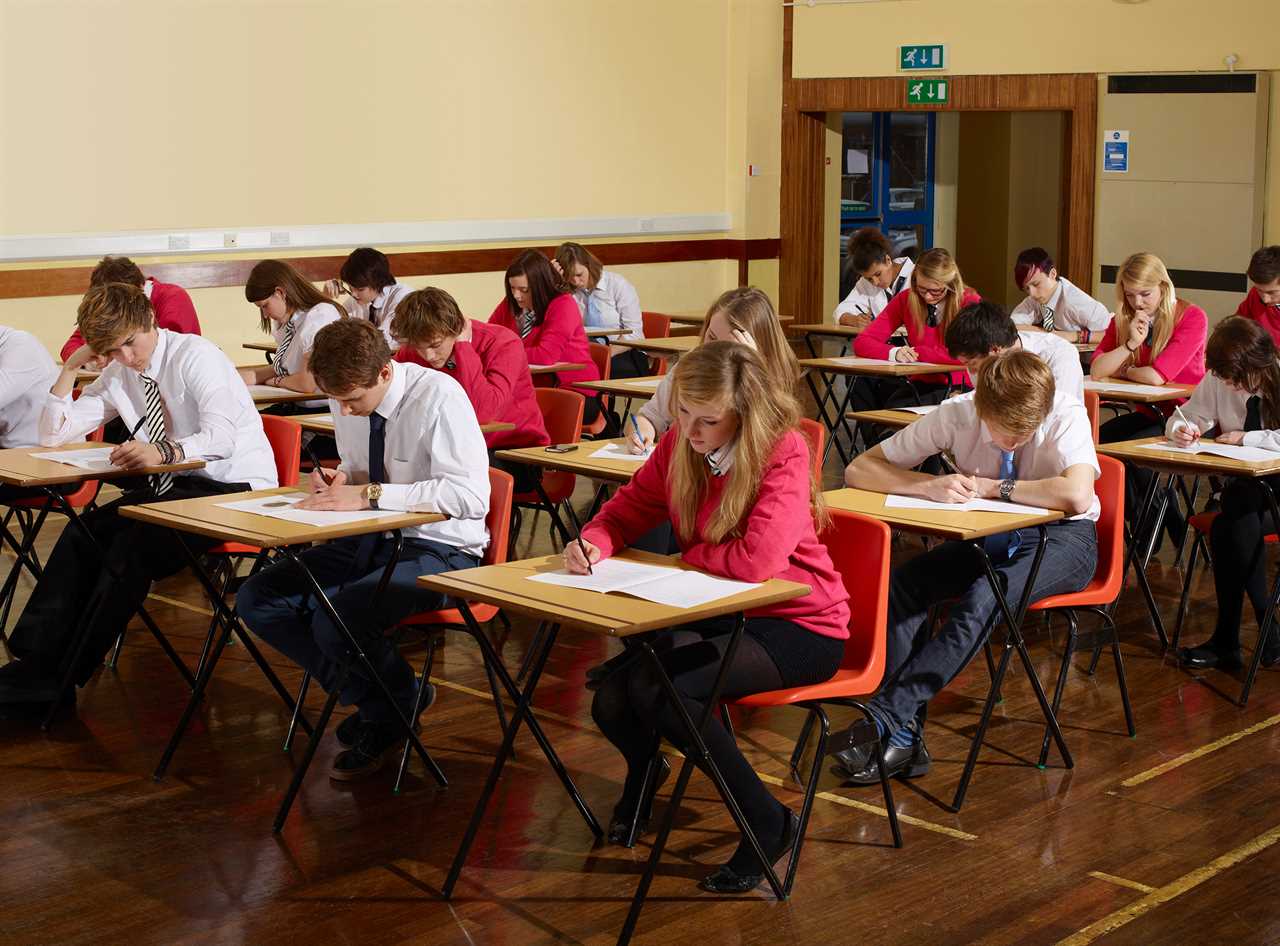
Marks will not be pegged to previous years, meaning grade inflation could run wild if teachers are generous with their assessed grades.
But it comes as a government report reveals kids in every year have fallen hugely behind in maths and English during lockdown.
Schools minister Nick Gibb insisted this morning that the teacher assessment system was the only “fair” way to judge students this year.
He vowed there will be a “quality assurance process” with grades signed off by head teachers and “risk based” sampling by exam boards.
And he confirmed pupils will receive their A-level results on August 10, with GCSE grades coming out two days later on August 12.
There will be a “very robust” appeal process, with students who are unhappy also having the option to sit exams in the Autumn.
Mr Gibb said: “We do think exams are the fairest system and we were determined to keep exams.
“But when it became very clear in January we were restricting access to schools, given the disruption students had faced over the year, the only fair system was to move away from exams this year to a teacher assessed system.
“Of course exams are the fairest and best system of judging attainment but we can’t have exams this year because of the pandemic.
“Teachers are the people who know their teachers best and we do trust their professionalism.
“This is not the ideal situation to be in but it is the fairest system given the different levels of disruption students have faced.”
It comes as…
- Gavin Williamson insisted there’s an ‘extremely low risk’ for kids returning. to school on March 8
- Ministers conceded face masks will not be compulsory in secondary schools
- It emerged millions of pupils may not return on March 8 as promised
Ministers are desperate to avoid a repeat of last year’s botched computer algorithm disaster, which saw a massive public outcry over some unfairly low marks.
All results had to be scrapped and higher teacher grades were awarded instead.
Now teachers can decide to set their pupils “mini exams” in the classroom to help them decide their marks, alongside coursework and ongoing assessments.
These mini tests can only cover topics pupils have studied, in recognition of the fact many will have massive holes in their learning.
They will not be checked by outside moderators.
According to the Daily Telegraph, exam boards will prepare a series of papers in each subject.
But they will not be mandatory after opposition from unions, the paper claims.
The tests papers could be done at home with no time limit, and it will be up to teachers whether to use them to inform their assessed grades.
Ex-Whitehall mandarin Sir Jon Coles reportedly quit an Ofqual exams committee, warning the plan “risks an outcome much worse than last year”.
And ministers were warned last night pupils faced a “free for all” of grade inflation that renders results meaningless.
‘INCREDIBLE RESILIENCE’
Schools must submit their grades by June 18.
Results day is being brought forward to the week of August 9, so kids have longer to appeal grades before university begins.
Schools, college bosses and exam boards will carry out checks in a bid to make sure results are fair.
But they will not be cracking down on grade inflation.
Education Secretary Gavin Williamson said: “Young people have shown incredible resilience over the last year, continuing with their learning amid unprecedented challenges while the country battles with this pandemic.
Those efforts deserve to be fairly rewarded.
“We are putting trust in teachers. There is going to be no algorithms whatsoever, but there will be a very clear and robust appeals mechanism.”
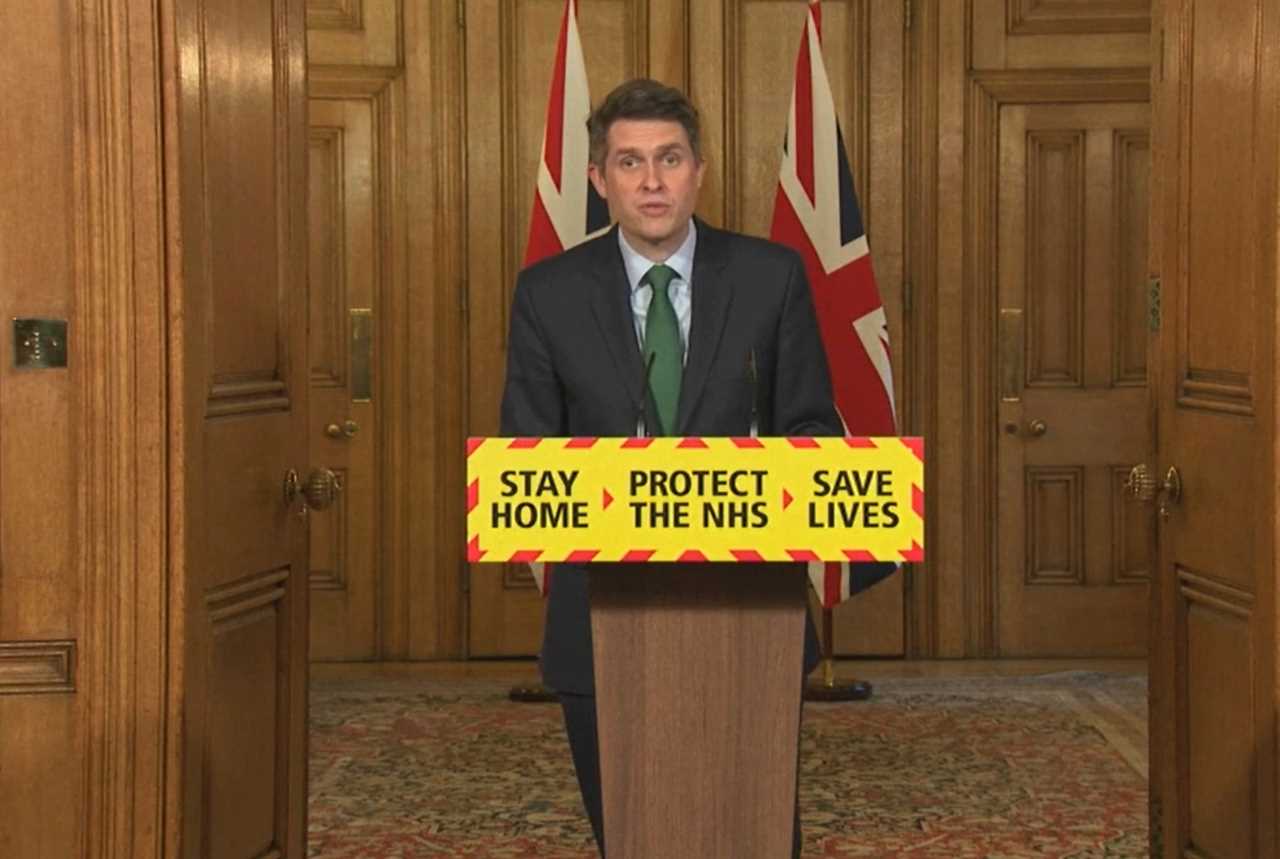
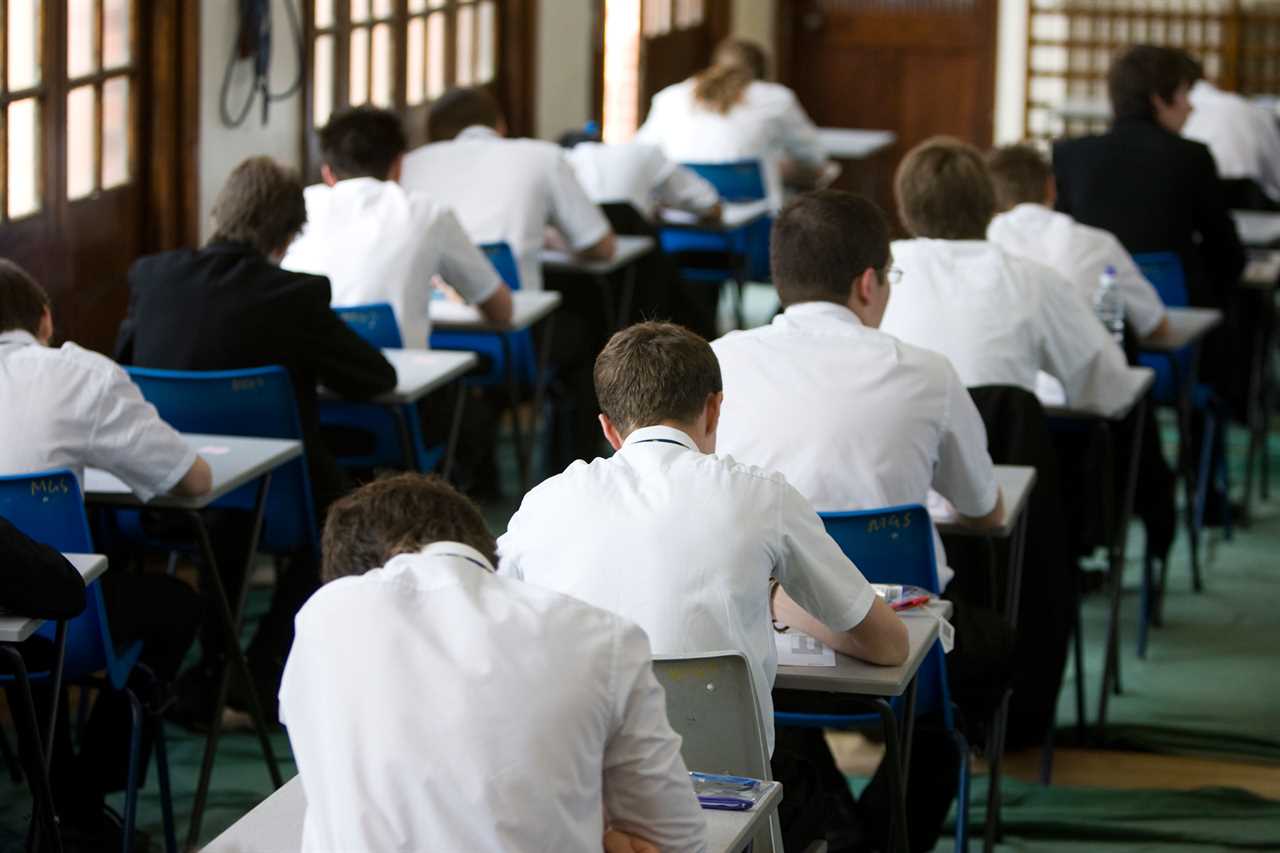
Last year, teens received a record-breaking set of GCSE results from their teachers. The proportion of grades awarded at 7, 8 and 9 — equivalent to the old A and A* grades — rose from 21.9 per cent to 27.6 per cent.
Teaching unions welcomed the plans, saying “it is right” that teachers decide exam grades.
It comes as a Department for Education survey laid bare the devastating impact school shutdowns have had on children’s studies.
Pupils in England were around two months behind in reading and three months in maths by the end of October last year, it found.
And researchers said the problem will have got far worse since then as schools have been shut again since January.
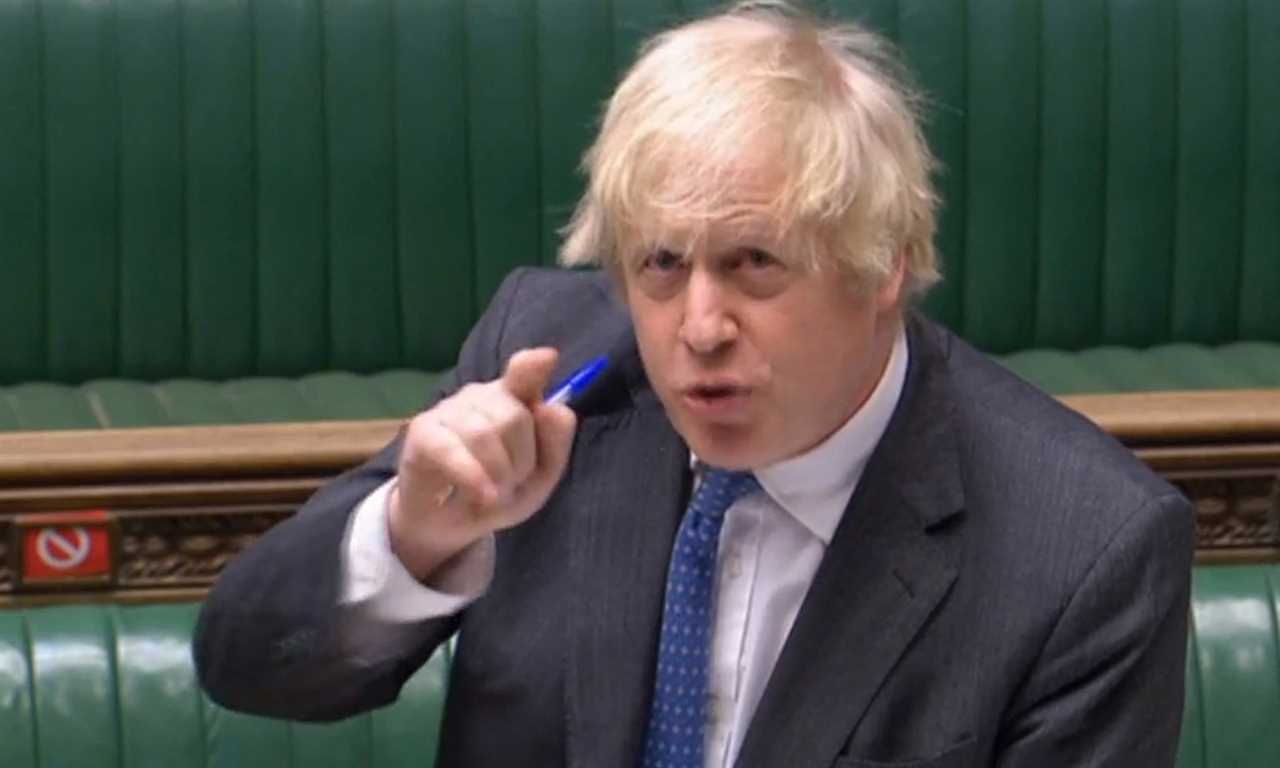
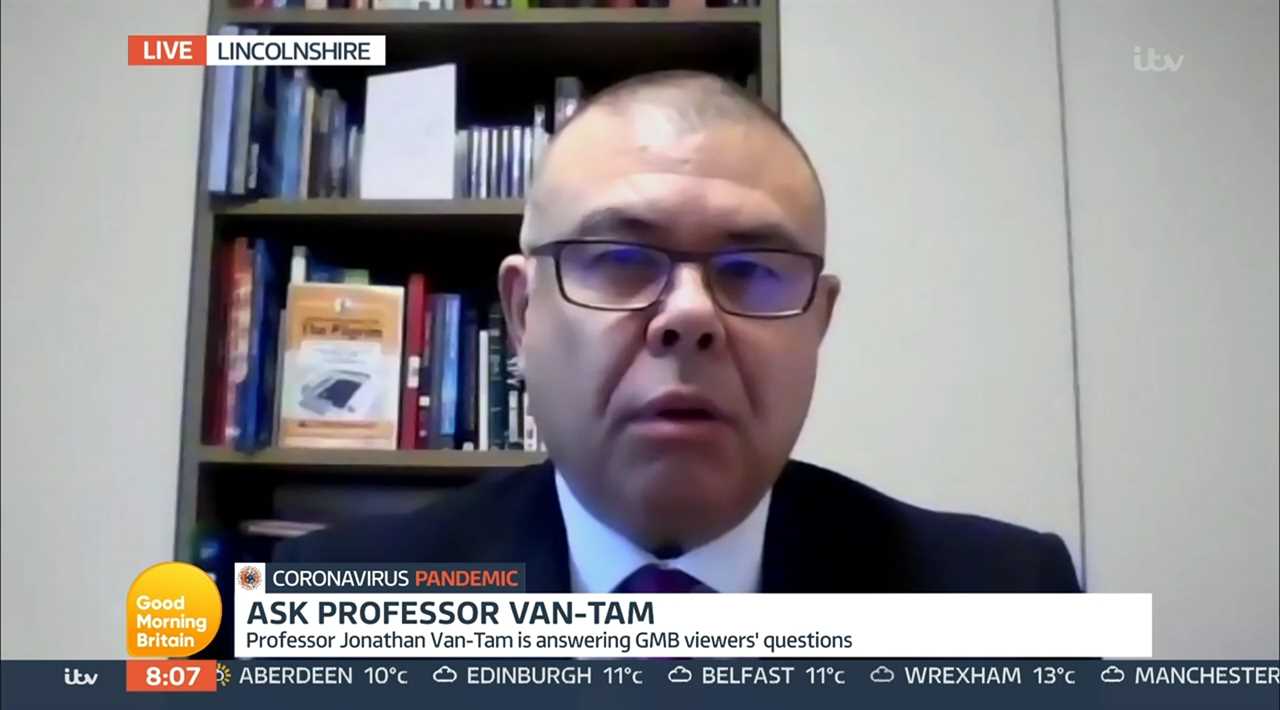
Natalie Perera, boss of the Education Policy Institute, which carried out the study, warned its findings could be just the tip of the iceberg.
She said: “These new findings show considerable losses in pupil progress were already evident by the first half of the autumn term.
“Pupils all saw their academic progress penalised by the pandemic. Since then, pupils have faced further disruption as a result of this period of school closures.
“While teachers, parents and pupils have been going to great lengths to adapt to remote learning, the real concern now is that these learning losses could increase.”
The report says that pupils in Year 6 and Year 9 are worst hit, and are already two months behind.
The picture is even worse for maths. On average, primary school pupils are behind on their arithmetic by 3.2 months.
ZOOM LESSONS TO BE DITCHED
The study, based on more than a million school assessments, goes up until last year’s October half term.
Professor Jonathan Van Tam, England’s deputy chief medical officer, yesterday said it is time for Zoom lessons to be ditched and for kids to be back in the classroom.
Speaking on ITV’s Good Morning Britain, he reassured anxious parents that the UK’s jabs programme should stop a school Covid spike.
He said: “Because we are taking out, at the line of fire, those older people in households through the vaccine programme, we probably won’t see the same kind of impact from opening schools that we probably would have seen.
“We’re in a different space now. The welfare of children depends upon them going back to school. And I think we are in a much more optimistic place now because of the quite stunning effects, so far, of the vaccine programme.”
Prime Minister Boris Johnson has said helping children catch up on all their lost learning is his “number one priority”.
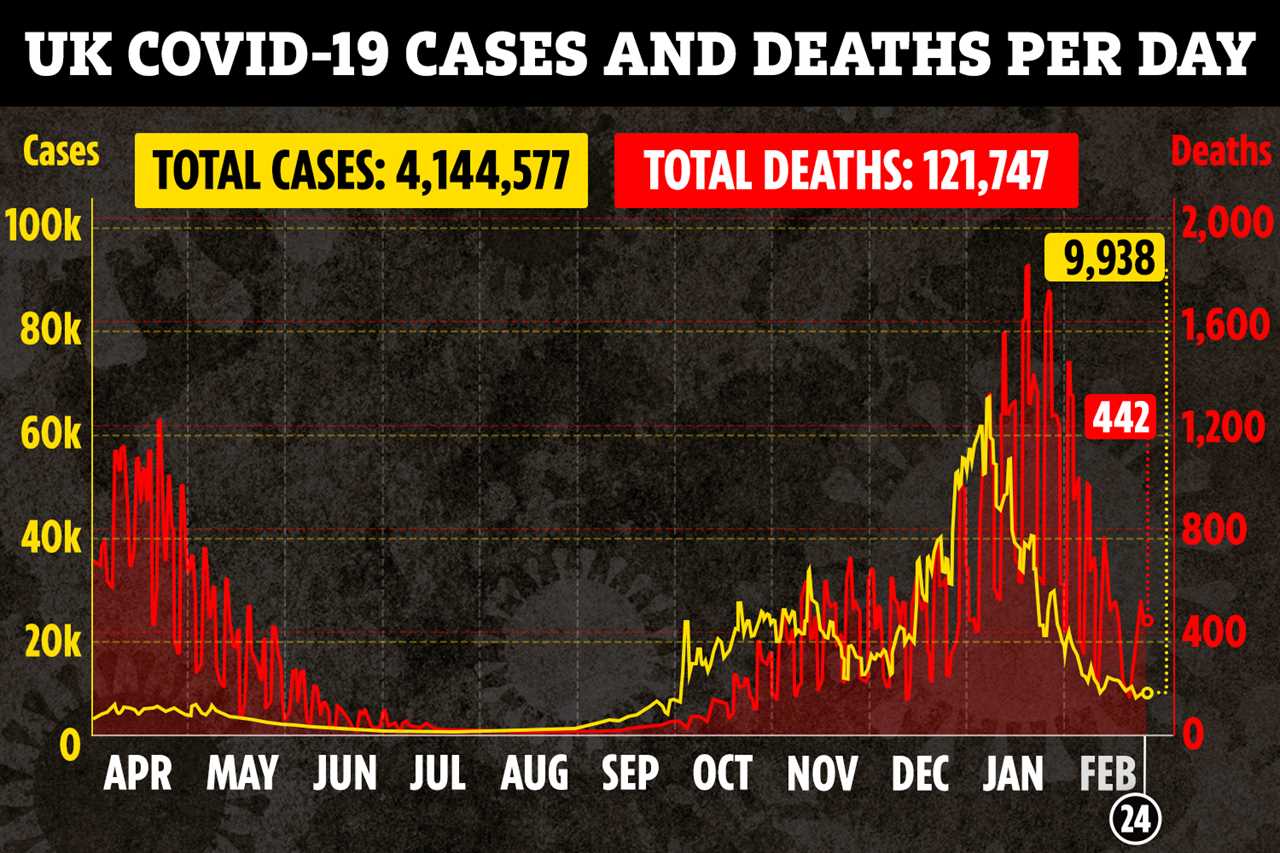
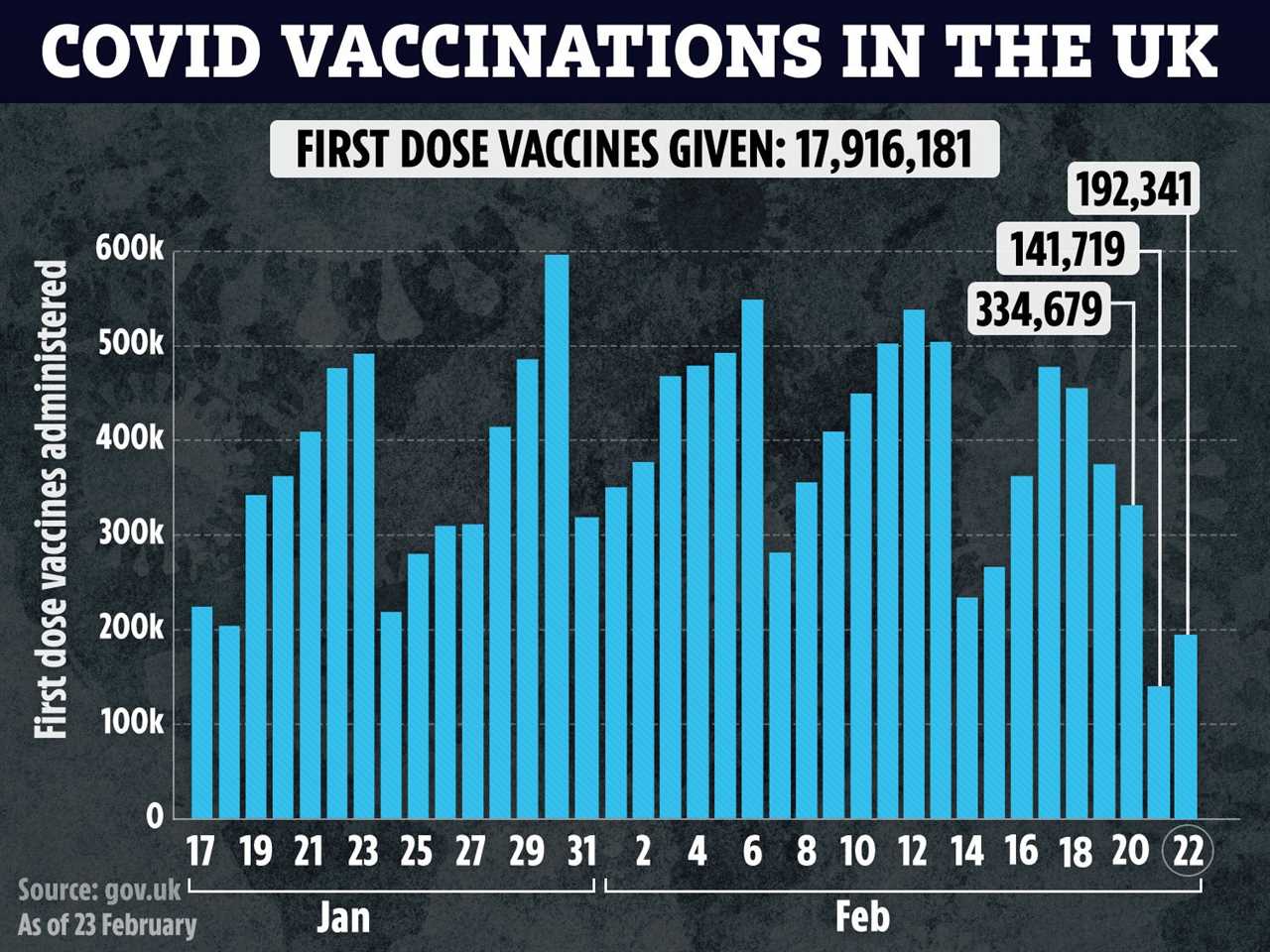
Ministers have pledged an extra £700million to give “Generation Covid” extra tuition and help.
This includes laying on summer schools, beefing up the national tutoring programme, and putting on sports activities.
But teachers have warned it will take a decade of extra support and many billions of pounds to plug the gaping holes Covid has punched in children’s education.







